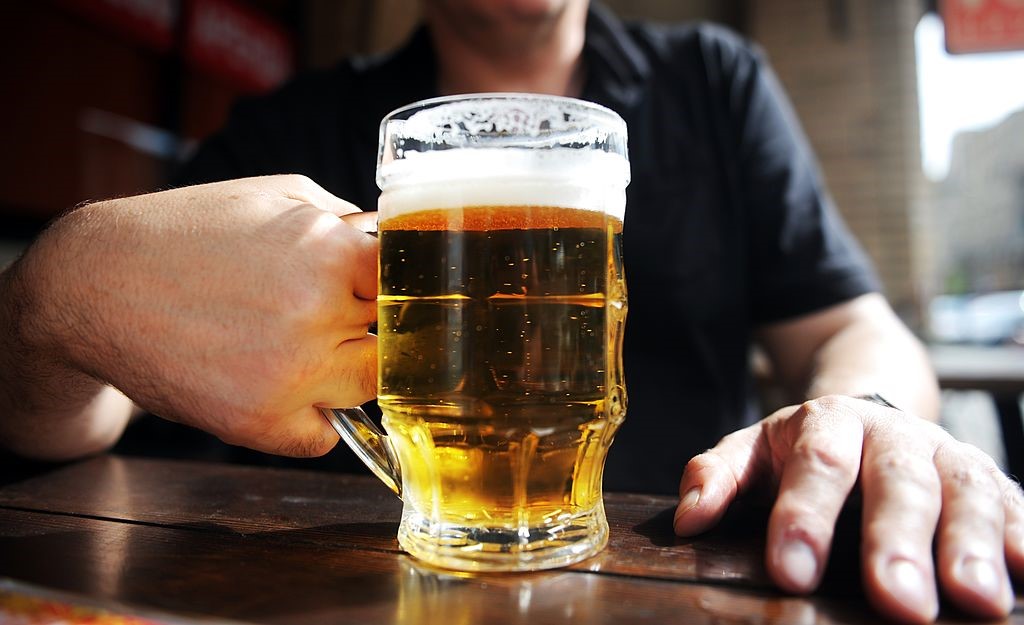Alcoholic beverages can cause different negative reactions in our body, from the feeling of hangover to diseases that can compromise our health. The liver is an organ that can be really affected by this type of beverages.
Alcoholic beverages can cause serious damage to the epicenter of our body, the factory and storehouse of the best filter in the world: the liver. Although it is an elastic and strong organ, it can be damaged by ingesting too much alcohol (as well as too much fat, viruses and end up with other ailments).
One of the most well-known daily jobs of the liver is its ability to filter all the blood in your body and remove all the toxins you consume. However, the liver is slow to process large amounts of alcohol.
Over a prolonged period of time, this accumulation can cause liver inflammation, liver cell death, and the development of scar tissue (fibrosis), which involves hardening of the liver.
What are the causes of alcoholic liver disease?
Alcoholic liver disease occurs after years of heavy alcohol consumption. Over time, it can lead to scarring and cirrhosis. Cirrhosis is the final stage of alcoholic liver disease.
It should be noted that it does not occur in all heavy drinkers. The chances of developing the disease increase depending on how long you have been drinking and how much alcohol you consume.
The disease is common in people between the ages of 40 and 50. Men are more likely to have this problem. However, women may develop the disease after less exposure to alcohol than men. Some people may have an inherited risk for the disease.
Symptoms to help detect alcoholic liver disease
The most common sign of alcoholic hepatitis is yellowing of the skin and whites of the eyes (jaundice).
Some other signs and symptoms are:
- Loss of appetite
- Nausea and vomiting
- Abdominal tenderness.
- Fever, often low-grade fever
- Fatigue and weakness.
- Malnutrition is common in people with alcoholic hepatitis. Ingesting large amounts of alcohol suppresses appetite, and heavy drinkers get most of their calories in the form of alcohol.
Additionally, can occur with severe alcoholic hepatitis include the following symptoms:
- Fluid accumulation in the abdomen (ascites).
- Confusion and behavioral changes due to the accumulation of toxins that the liver usually destroys or eliminates.
- Kidney and liver failure.














